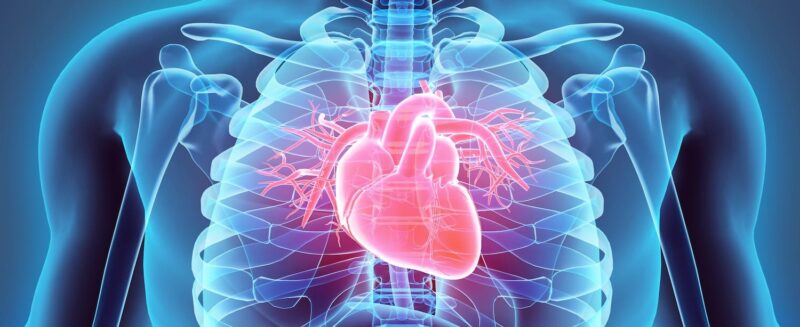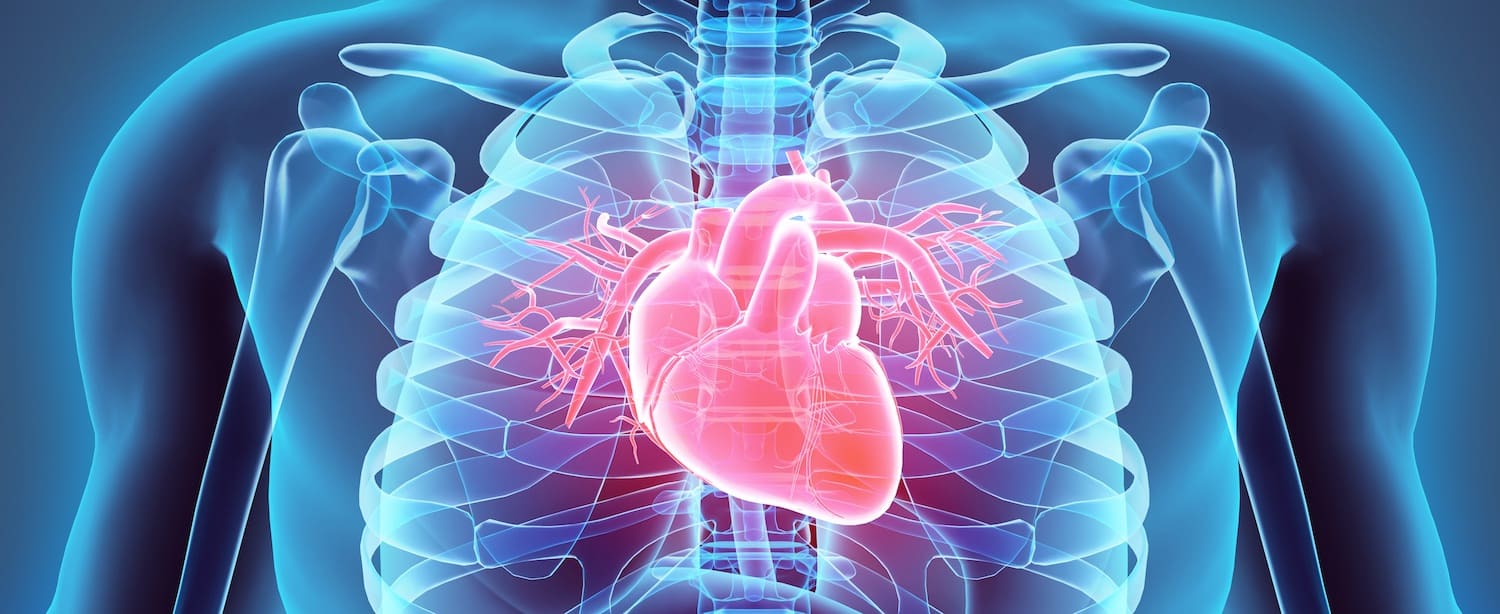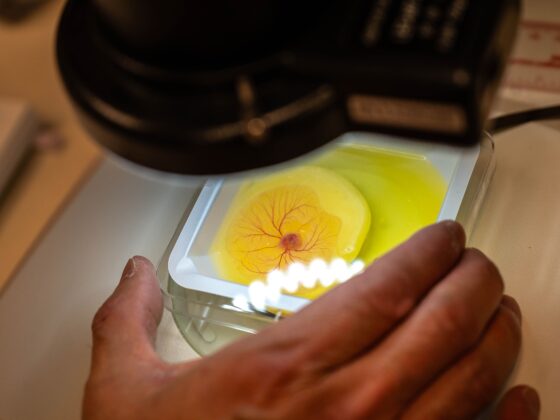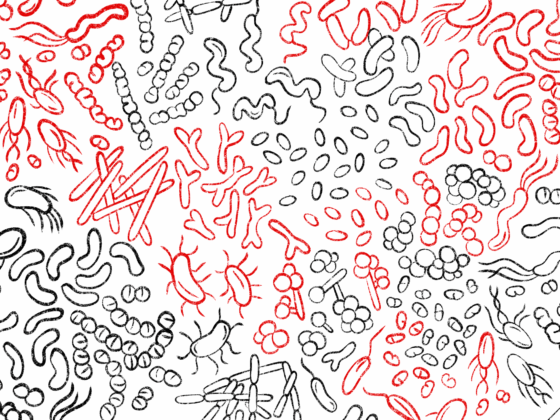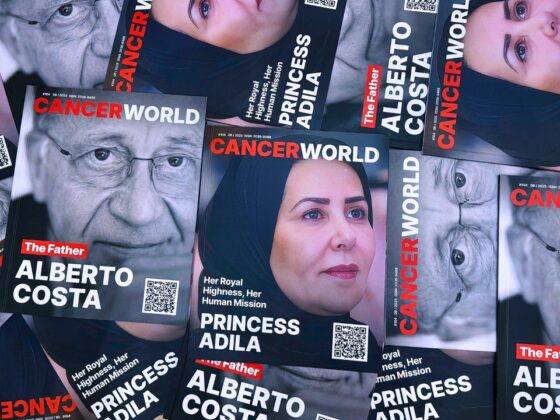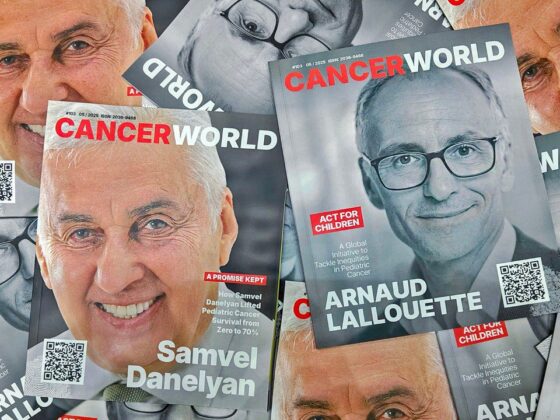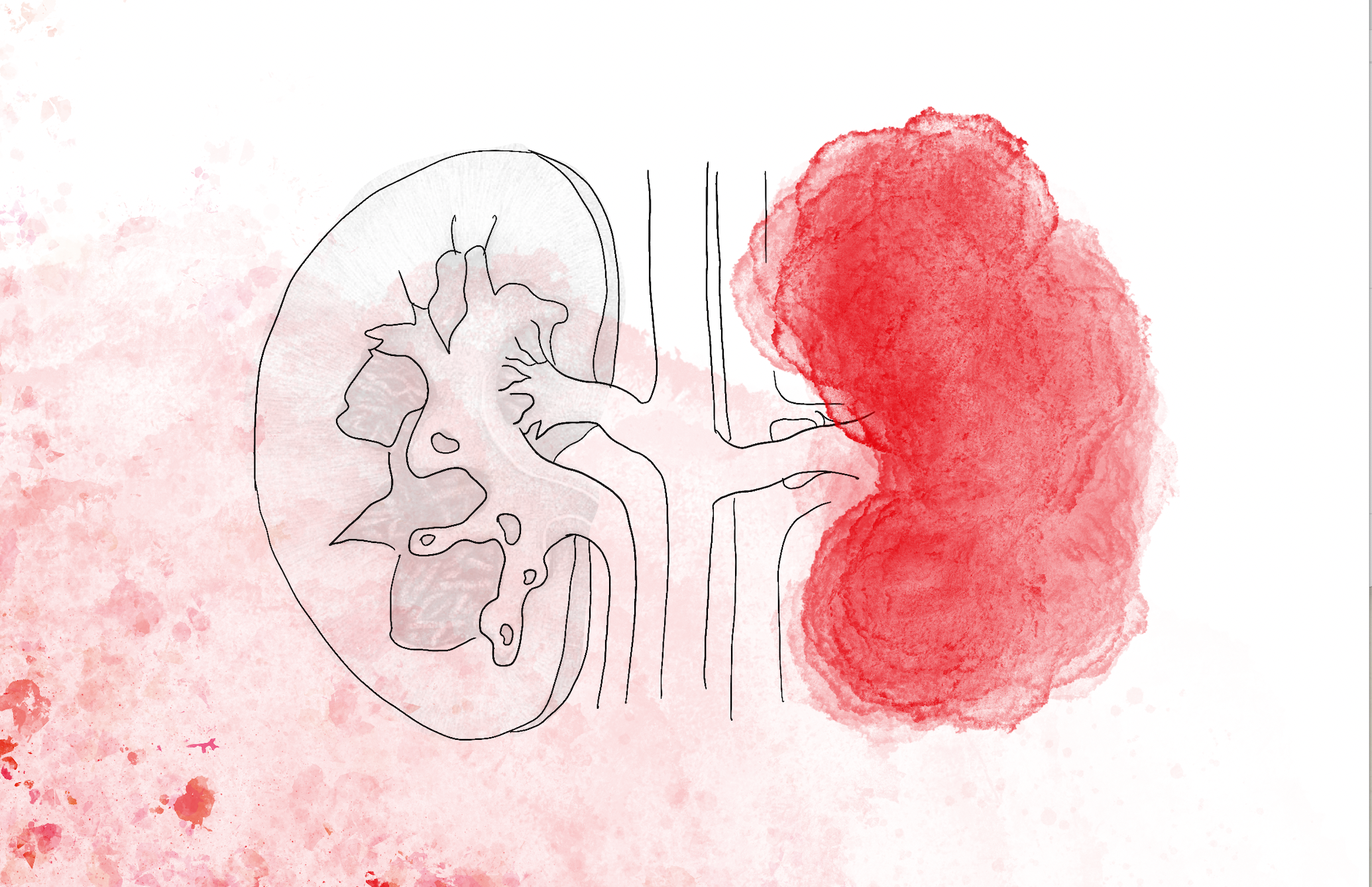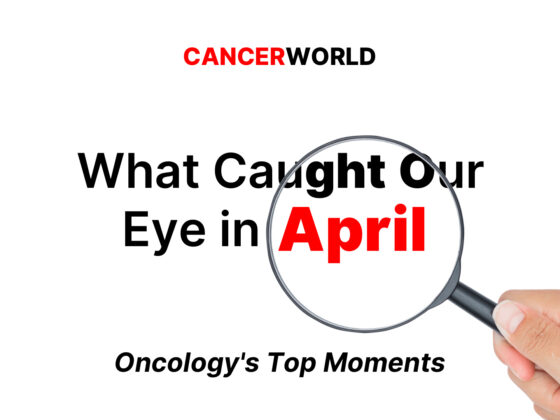Cancer patients receiving immunotherapy drugs have a much higher incidence of cardiac events than previous estimates from pharmacovigilance data, reports a nationwide Danish registry. The study, published in the European Heart Journal, found patients with lung cancer or malignant melanoma treated with immune checkpoint inhibitor (ICI) therapy have a 7−10% increased risk of cardiac events at 1 year compared with patients receiving non-ICI cancer therapy.
“We hope that this information may be useful for making doctors aware that extra attention needs to be given to patients treated with ICIs,” says Maria D’Souza, the first author of the study, from Herlev and Gentofte Hospital, Hellerup, Denmark.
Since the launch of the CTLA-4 inhibitor ipilimumab in 2011 for malignant melanoma, a total of seven ICIs have been approved, with more than 50 different indications, including non-small-cell lung cancer, hepatocellular cancer, cervical cancer, breast cancer, and renal cell carcinoma. Although ICIs have been shown to significantly improve prognosis, they may induce grades I−II (mild to moderate) immune-related adverse events in up to 40% of patients, while grades III−IV (severe to potentially life threatening) side effects occur in about 2% of patients. Myocarditis, the first described cardiac toxicity associated with ICIs, was initially considered a rare event, with estimates ranging from 0.06% to 0.27%.
In this retrospective cohort study, between 2011 and 2017, D’Souza and colleagues followed 39,199 consecutive cancer patients (25,573 with lung cancer and 13,626 with malignant melanoma) from diagnosis until development of cardiac outcome, death, emigration or study end. Overall, 743 patients with lung cancer and 145 patients with malignant melanoma were treated with a PD-1 inhibitor, and 212 patients with malignant melanoma with a CTLA-4 inhibitor. The study was enhanced by unique personal identification numbers assigned at birth or immigration to all Danish citizens, allowing cross-linkage between different nationwide administrative Danish registries. The main outcome was cardiac events representing a composite of arrhythmia, peri-or myocarditis, heart failure or cardiovascular death.
Results showed:
- For the 743 lung cancer patients treated with PD-1 inhibitor, the 1-year absolute risk of cardiac events was 9.7% (95%CI 6.8−12.5).
- For the 145 malignant melanoma patients treated with PD-1 inhibitor, the 1-year absolute risk of cardiac events was 6.6% (95%CI 1.8−11.3).
- For the 212 malignant melanoma patients treated with CTLA-4 inhibitor, the 1-year absolute risk of cardiac events was 7.5% (95%CI 3.7−11.3).
- Within 6 months of starting ICI treatment, the hazard rates of cardiac events for patients with ICI treatment versus patients without such treatment were 2.14 (P<0.02) for patients with lung cancer; 4.30 (P<0.02) for patients with malignant melanoma treated with PD-1 inhibitor; and 4.93 (P<0.02) for patients with malignant melanoma treated with CTLA-4 inhibitor.
- After 6 months of starting ICI treatment, the hazard rates of cardiac events (versus patients without ICI treatment) were 2.26 (P<0.02) for patients with lung cancer; 2.46 for patients with malignant melanoma treated with a PD-1 inhibitor; and 3.48 (P<0.02) for malignant melanoma patients treated with a CTLA-4 inhibitor.
The authors comment that risk estimates were higher than data from previous pharmacovigilance studies, and that increased rates of cardiac events were seen after the initial 6 months of first administration. “Previous studies have shown that most adverse side effects that affect the heart occur early after treatment has started, within the first few weeks or months. However, our results suggest than an increased risk of heart problems continues beyond the initial 6 months,” says D’Souza.
The pathophysiological mechanisms involved in ICI-related inflammatory and immune cardiac diseases are incompletely understood. Several hypotheses of different mechanisms exist, including increased T-cell activity against antigens present in myocytes. In future, associations of cardiac toxicity with different intensities of treatment, and different treatment combinations, will be needed, assert the authors.
In an accompanying editorial Tomas Neilan, director of the cardio-oncology programme at Massachusetts General Hospital, Boston, and co-authors writes that, following the study, immediate steps should “include increasing our awareness for a broader range of potential cardiac toxicities related to ICI treatment…Longer term steps include broadening collaborations with our oncology and pharmaceutical partners, and expanded clinical research efforts in parallel and based on innovative basic experimental insights. These and other steps are needed to move this forward so we can improve cardiovascular outcomes among our cancer patients treated with an ICI.”

